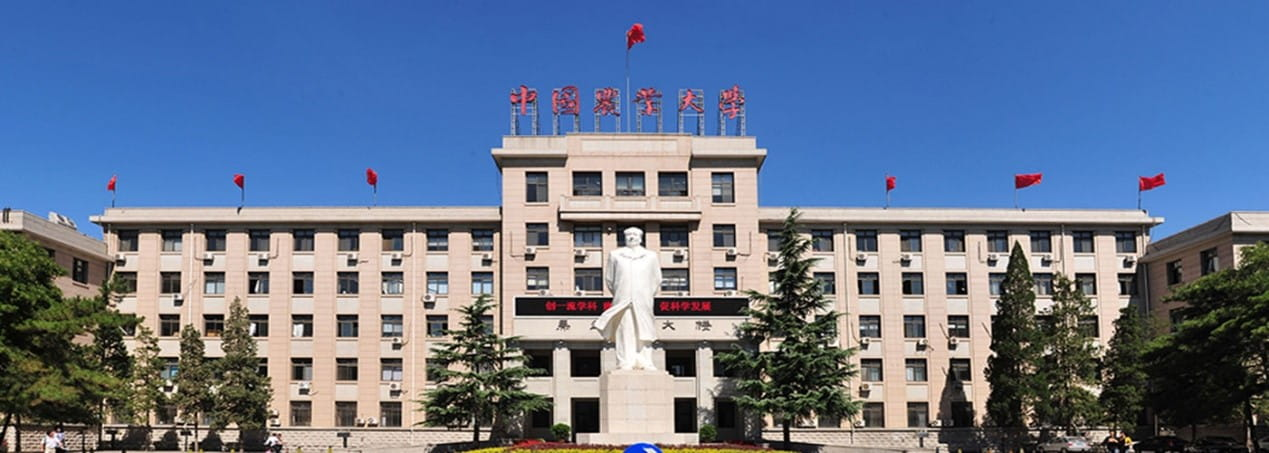Workshop Description:
Call for Papers
The workshop "Machine Learning assisted Automation Sensing System" aims to provide a platform for scholars and practitioners to delve into the intersection of machine learning, automation sensing, and smart technologies. With the rapid advancements in AI-assisted design, automated machine learning, and sensor technology, the workshop endeavors to explore the application of these technologies across various domains, particularly in smart agriculture and industry. As machine learning and automation continue to revolutionize diverse sectors, the workshop seeks to examine recent publications and introduce cutting-edge technologies that contribute to the development of intelligent automation systems.
Participants of all disciplines are invited to engage in discussions surrounding the challenges and opportunities in enhancing machine learning and smart sensing abilities, as well as the integration of these technologies into different automation areas. By fostering multidisciplinary dialogue and sharing research progress and ideas, the workshop aims to provide valuable insights and methodologies for leveraging machine learning and AI in smart sensing applications. Topics such as AI-assisted design systems, IoT, robotics, and cyber-physical sensing systems will be explored, offering participants a comprehensive overview of the latest advancements and future prospects in machine learning-assisted automation sensing systems. Join us in exploring the frontiers of machine learning and automation, and charting a path towards a smarter and more sustainable society.
Keywords
- Automated Machine Learning
- AI-Assisted Design
- Flexible electronics
- Automation Sensing
- Sensor Technology
Background:
The machine learning and automation technologies, such as the AI assisted design, automated machine learning, wireless sensing, industrial automation technologies etc., have been appeared and applied in many areas recently, especial in intelligent automation area. Here, the workshop will examine some of the recent publications in leading journals that cover machine learning and automation sensing topics or have implications for machine learning and automation sensing technologies and systems. We will also introduce some machine learning and automation sensing technologies for mainly in smart agriculture and industry. The scholars (including doctoral and master students) from all disciplines and practitioners interested in the machine learning and automation sensing technologies and systems are all encouraged to attend.
Goal/Rationale:
How to efficiently improve our skills and performance of machine learning or AI and smart sensing ability, and how to apply the machine learning or AI and smart sensing technologies in different automation areas, are the main challenges for creating a smart and sustainable society. The workshop provides a practical overview of an exciting and high-profile new area in AI assisted smart sensing technologies and applications. Through sharing research progresses and ideas, we aim to provide multidisciplinary opinions and methodologies for machine learning or AI assisted smart sensing, as well as to create a general future vision of a promising machine learning or AI assisted smart sensing applications.
Scope and Information for Participants:
Topics related to the conference theme - “Machine Learning and Automation” - are particularly encouraged, including but not limited in:
- AI-assisted design systems
- Automated machine learning
- Sensor technology
- Industrial automation
- IoT (Internet of Things)
- Intelligent wireless sensing systems
- Robotics and intelligent systems
- Cyber-physical sensing systems






